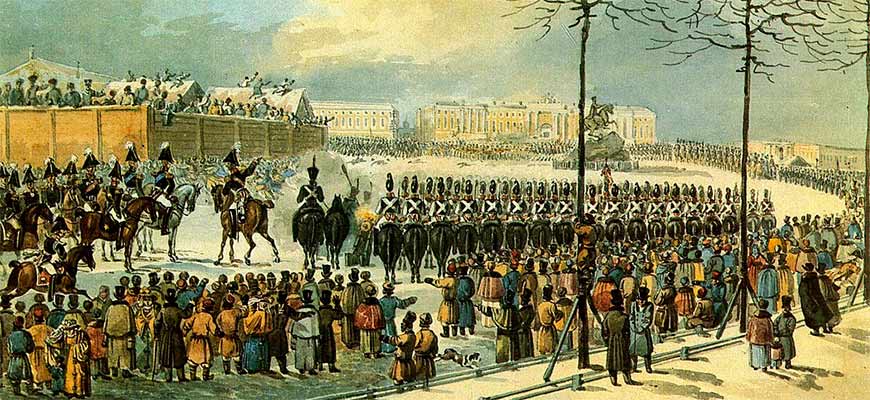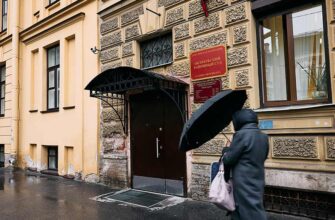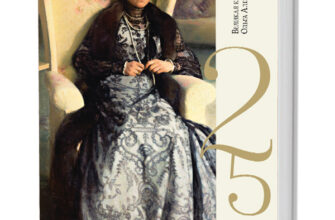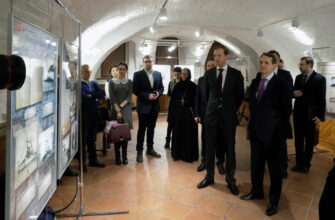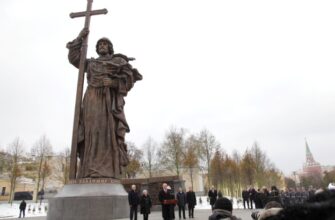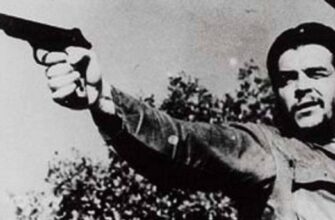The Decembrists are the first organized Russian nationalists?
Today 14 December, the anniversary of the momentous events of 1825. The young officers, the Russian aristocrats who gave their lives or well-being for the sake of freedom and prosperity of their people, as they understood it. We know they rebelled against the king and “awakened Herzen”, contributed to the transformation of the Russian autocracy in the Soviet interrelationshi state… whether they wanted this?
The head of the southern Society of the Decembrists P. I. Pestel, who was considered the most radical Republican, wrote in “Russian Truth” about the foundations of the prosperity of society: “the Duties of man from God through Faith imposed the essence of the first and the most necessary thing”. Somehow religious-intolerant, and calls for adherence to the Law of God his whole Charter. The name of the software document like a red thread drawn through the narrative, justifying the need for change according to the life the Russian truth, that is, moral order and customs of the Russian people: “the Old Power has proved quite hostile to their feelings against the Russian People “.
N.M. Muraviev, the leader of the Northern Society, in the “Constitution” also verified ideas with the traditions of the Russian people.
Against the Russian autocracy decembrists were not united, the question should be discussed in other article. But were the Decembrists internationalists in the usual Soviet way? It seems to us, they were far from it.
The desire to recreate the Russian tradition, to strengthen the position of Russian culture in the world, the establishment of national schools and the flourishing of the Russian language – that’s what led the Decembrists publishers of the almanac “polar Star” 1823-1825 years and, in particular, linguistic analysis A. Bestuzhev (the article “a Look at old and new literature in Russia”).
Pestel believed that “all peoples needs to be merged into one Nation”, on the basis of Russian culture, Russian language and subject to loyalty to the Russians. Overall, we believe that national concepts such adhered to Stalin. By the way, one of the solutions to the “Jewish question” the Decembrists saw in the creation of a Jewish state in historic places.
Recently one can often hear that overseas money and the Masonic conspiracy ruled the decembrists. But no one significant event may not be so simple because it has different preconditions, individual motives for each of the participants. Is it possible to imagine the representatives of the best families of Russia, many of whom participated in the war of 1812, were all bought or drugged?
«Emperors Alexander I, Nicholas I, Alexander II tried to find their own path of national development, and the Decembrists, educated part of society, the educated commoners sought to implement their own development projects of the state. It was in the XIX century for the first time in Russia begins a fierce struggle between the authorities and society about the ways of transformation of the country …», – writes A.A. Levandovsky. Probably we should consider this movement as one of the projects of development of Russia in the first place.
And yet the Decembrists were successful to contribute to Russian culture, though not as radically as they wanted. They cultivated and magnified Siberia.
Survivors of the Decembrists received Amnesty in 1856. If they repented in the chosen path? Partially. But everyone had a chance to think about it. Here’s how to characterize his fellow Decembrist N. Basargin in his memoirs: “With pure intentions, but without experience, without knowledge of elite, people and social relations, they took in heart every injustice, resented every ignoble deed, every measure of the government, which had the aim of private benefit, contrary to its own General. Youth, ardor and love of country…
Sources:
The revolt of the Decembrists. Documents. // Gospolitizdat, 1958, volume VII
Lewandowski A. History of Russia in XIX century. – Moscow, Rosmen-Press, 2003. p.3.
Memoirs of the Decembrists. The southern society. // Publishing House Of Moscow University, 1982. p.17.
